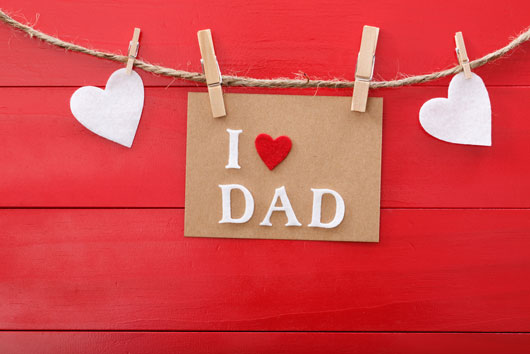
Losing a pet is like losing a beloved family member. I would know. I recently lost Lucky, my canine companion of 14 years.
When Lucky came to our family he was about 6 weeks old, and I could hold him in the palms of both hands. He was rescued from a street corner, and had a number of health challenges before blossoming into a healthy—and very energetic—puppy! He grew to be a 55-pound energetic and joyful dog. He would greet me at the door every evening when I got home, he was my running companion, and sat at my feet when I was busy writing.
But even more important is what this precious pet meant for my son. I have pictures of them laying together, my son doing his homework, and his ‘brother’ cuddled up with him. Pets bring so many benefits to our lives, from better health to a longer life expectancy, and teach us valuable life lessons and responsibility. Pets give us comfort. But unfortunately, our pets don’t stay around forever.
Lucky was 14 years old when he passed on to that great sheepherding meadow in the sky (he was a herding breed), after a long, full life. But as he got older, we could see his health deteriorating and we knew the end was near. We were fortunate that it happened fairly quickly. We had time to prepare and it didn’t drag out. Not all pet owners are as fortunate. Sometimes the end is quick and unexpected; at times it is agonizing and painful to watch.
Read Related: The Best Starter Pets for Kids
TIPS TO DEAL WITH PET LOSS
However it goes, here are some things I learned from my mom—a hospice nurse for many years—that helped in preparing both myself and my son for the passing of our pet.
-
Death is a part of life. When it’s time for a spirit to move on, it’s selfish of us to hold on tightly. It’s much better to prepare ourselves, and then help the dying to go in peace. We can be sad and we should grieve, but it’s important to accept the inevitable.
-
If you have the chance, say good-bye. Although it may not be a verbal goodbye, saying ‘so long, and farewell’ is a way to get some kind of closure. We express gratitude for what this spirit has brought into our life, and recognize that our time together has come to an end.
-
Everyone grieves in their own way. Sometimes telling happy stories about the times we shared is helpful. Or maybe we make a collage of pictures of our loved one as a visual reminder of our memories. Whatever it is, we all need to allow our emotions to flow.
Losing a pet and grieving for him helps us prepare for the loss of our loved ones. It’s up to us as parents to teach our children that death doesn’t mean we need to lose the memories, the joy of having had that special someone in our lives. Once we have undergone the grieving process, we can eventually move on and cherish the special spirit of the departed and allow it to become a part of who we are.











